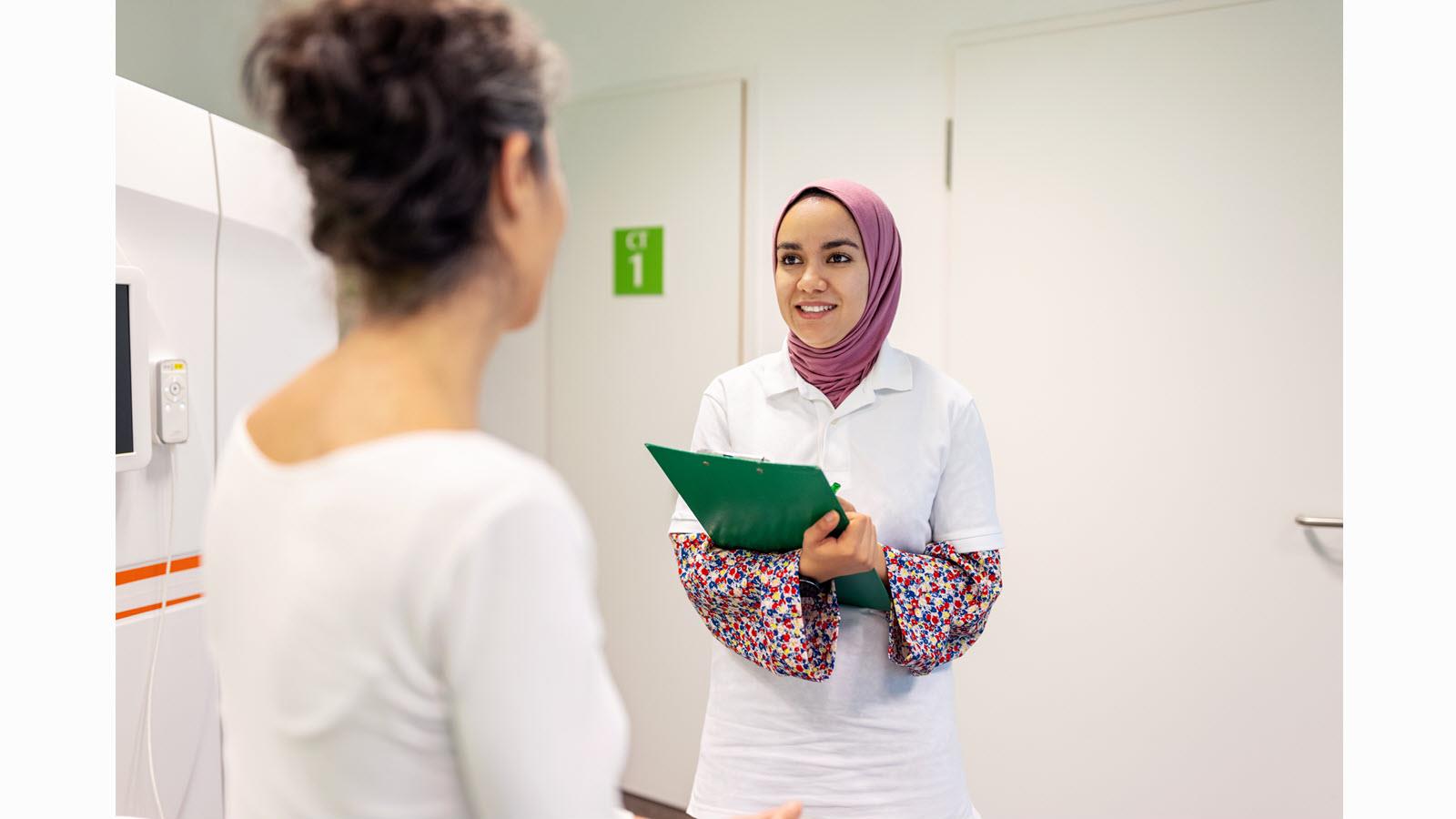Patients and their care teams impact how CSL conducts its clinical trials, and the proof is in the data. We recently examined the number of modifications and types of changes made to studies after CSL hosted patient advisory boards, which are round-table discussions with patients and care partners to better understand disease experiences and treatment preferences.
Since hosting study participant recognition and appreciation workshops in 2020, CSL’s patient insights program has grown to gather feedback into study design, recruitment and awareness campaigns, consenting documents, educational materials and study-support resources for participants.
We look to patients and care partners to tell us what meaningful clinical trial endpoints would look like. In other words, how can we set up a clinical trial so it focuses on measuring and improving what matters to the real person living with the condition? In our time together, patient advisors help us better understand their concerns about “wash out periods” – the amount of time a participant must wait and receive no other treatments before starting the trial medication. Patients also give us input on how the trial medication is administered.
We found that procedures (type and number) as well as study visits to an office (type and number) are most often modified after we listen to patients. In addition, their feedback also led to changes in study elements related to the science, which means that patients are recognized as critical stakeholders to assess the feasibility and value of our investigational treatments.
“There are also differences in ways that physicians perceive our study designs versus the way that patients perceive them. It’s important to reconcile these differences and to ask each community for their feedback along the way,” Dr. Bharat Ramakrishna, Director, Clinical Development, Immunology said at a recent CARE (Connecting Across Regions and Experiences) Network Innovation Session for CSL employees.
Ramakrishna noticed these discrepancies when speaking with health care providers and their chronic lymphocytic leukemia (CLL) patients who experience secondary immunodeficiency.
Across the 15 clinical research study teams that hosted patient advisory boards in 2022 and 2023, all of them are now offering convenience-enhancing options such as a patient concierge service, home health services or an online patient portal. Many studies are also giving participants more options for when they can come in for their procedures and offering flexibility when filling out patient-reported outcome questionnaires.
Each of our CARE Network Session panelists have hosted at least one patient advisory board or workshop in the past two years. Dr. Michaela Buch-Haensel, Head of Global Medical Affairs, Respiratory, is currently hosting a year-long global advisory board with idiopathic pulmonary fibrosis patients and their care partners.
“Longer-term engagements versus one-off patient advisory boards have been invaluable to build upon learnings and create a more meaningful and sustainable relationship with the patient populations that we serve,” she said.
We’ve compiled a list of the top five study participant engagement preferences mentioned in patient advisory board settings:
1. Patient-facing, educational materials about the clinical research process and health management:
CSLtrials.com contains educational information about clinical research, patient testimonials and study details/pre-screeners. We are co-creating educational content with patient organizations about disease management and awareness and we’re starting to work with patient advisors as we develop more patient-friendly study brochures. Here’s an example of an educational content library developed to support transplant recipients. Several study teams are now utilizing educational audio-visual tools about informed consent and study protocol on an online Patient Portal.
2. Support from a clinical trial navigator to provide study-related information and emotional/mental health counseling:
Our online Patient Portal offers communication between participants and the site, along with study visit reminders. We hope to include more education and mental health support through this secure portal in the future.
3. Compensation and reimbursement for time/travel, childcare support and transportation assistance to reduce burden on care partners:
CSL considers travel concierge services / transportation assistance through strategic partners. CSL provides reimbursement for time/travel based off fair market value.
4. Flexibility to participate in a clinical trial at home and/or in person at a research center; ability to visit study clinic in one’s local community instead of traveling far distances:
CSL is equipped to assess home nursing feasibility for all studies. We have globally rolled out home nursing across our portfolio. This past year, CSL’s adaptive clinical trials technology team has worked closely with study leads to evaluate the feasibility and value of different approaches and technologies during study planning based off patient feedback.
“Advocating for optionality in study planning and in outreach campaigns is so important,” said Jen Weaver, Senior Director, Clinical Portfolio Execution. “It’s not a one-size-fits-all approach.”
Jenn Cunningham, who also spoke at the CARE Network meeting, agreed and pointed to similar learning from recent transplant recipient segmentation workshops.
“Everyone’s journey looks very different. This impacts behaviors and attitudes when it comes to medications, adherence and relationships with health care providers. We need to consider how we can make our engagement campaigns more customized and relevant,” said Cunningham, who is Senior Global Product Manager, Transplant.
5. Study results in plain language:
Few study participants hear from the clinical trial site about the study results. CSL’s Clinical Trials Transparency & Disclosure team provides plain language results summaries for all of our studies. Each summary is reviewed by a patient panel prior to dissemination and posted to www.TrialSummaries.com for our study participants and the public.
“Patients are part of our clinical and commercial development teams and they are the best advocates for our clinical trials and new therapies,” shared Dr. Sonya Abraham, Senior Director, Clinical Development, Hematology. “What we are doing every day at CSL really counts as we look to develop new products safely and efficaciously.”



